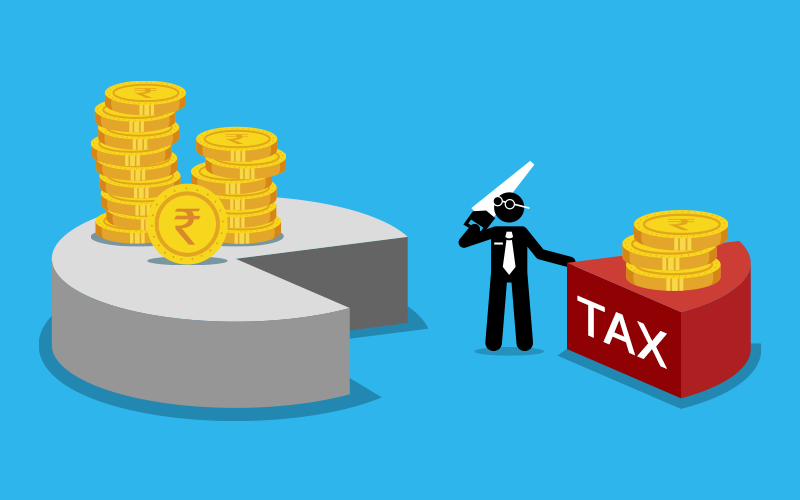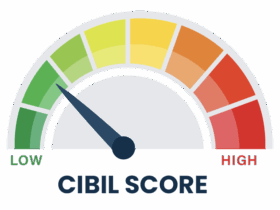Systematic Investment Plans (SIPs) not only help investors build wealth steadily but also offer tax benefits under certain conditions. However, understanding the taxation on SIP investments is crucial for optimising returns and ensuring compliance with tax laws. In this article, we’ll explore how mutual funds are taxed for SIP investments, the impact of short-term and long-term capital gains, and how tax-saving SIPs can benefit your investment strategy.
Taxation basics for SIP investments
When you invest in mutual funds through SIPs, the holding period and tax implications are calculated individually for every SIP instalment. This method ensures that the gains and taxes are accurately assessed based on the tenure of each instalment.
Short-term and long-term capital gains tax
- Equity mutual funds
- Short-term capital gain (STCG): If you redeem units within one year, the gains are classified as short-term and taxed at 20%.
- Long-term capital gain (LTCG): Gains from units held for more than one year are tax-free up to Rs. 1 lakh per financial year. Beyond that, a 12.5% tax is levied on the gains with no indexation benefits.
- Debt mutual funds
- Short-term capital gain: Gains from units held for less than three years are added to your income and taxed as per your income tax slab.
- Long-term capital gain: All debt fund gains, irrespective of holding period, are now taxed at the investor’s income tax slab rate, with no indexation benefit available post 1st April, 2023.
Tax benefits of SIP investments
SIP investments in certain mutual fund schemes, such as Equity-Linked Savings Schemes (ELSS), provide tax-saving benefits under Section 80C of the Income Tax Act. Investment in ELSS through SIPs help you claim a deduction of up to Rs. 1.5 lakh p.a., reducing your taxable income.
Moreover, ELSS funds come with a lock-in period of three years, the shortest among tax-saving instruments, making them an attractive choice for individuals seeking both wealth creation and tax efficiency.
How to optimise taxation on SIP investments
- Choose the right mutual funds: Consider your financial goals and tax obligations before selecting equity or debt funds. ELSS funds are ideal.
- Plan your redemptions wisely: To minimise tax liability, redeem units held for the long term whenever possible. This strategy reduces the tax burden on gains.
- Track your investments: Use tools like SIP tax benefit calculators to monitor your investments, understand potential tax liabilities, and plan redemptions accordingly.
Key considerations for tax-saving SIPs
Tax-saving SIPs, such as ELSS funds, not only offer the dual benefits of wealth creation and tax savings but also encourage disciplined investing. However, it’s essential to be aware of the lock-in period and market risks associated with these investments.
Conclusion
Understanding the taxation of SIP investments is vital for maximising returns and aligning your investments with long-term financial goals. Whether you aim to save taxes, benefit from long-term capital appreciation, or build a steady corpus, knowing how mutual fund taxation works can help you make informed decisions. By carefully selecting mutual funds and SIP strategy, you can ensure both compliance and financial growth.








